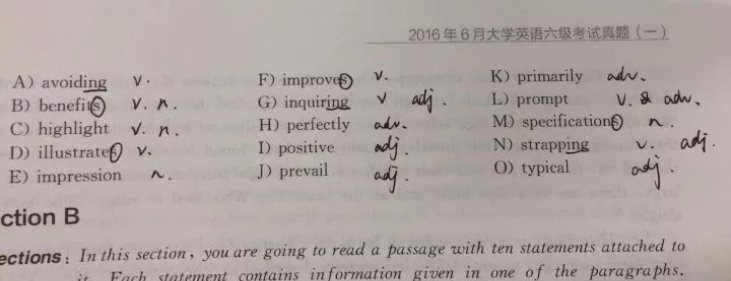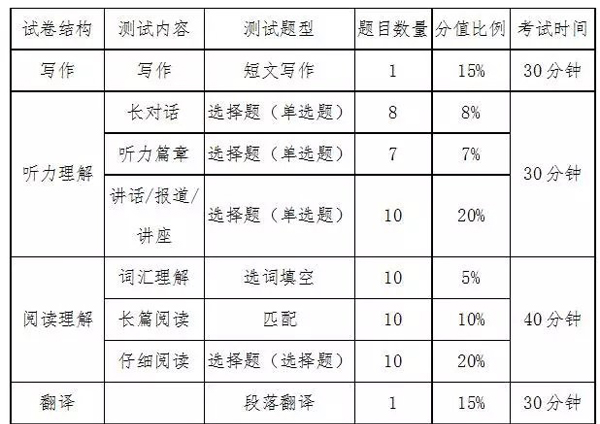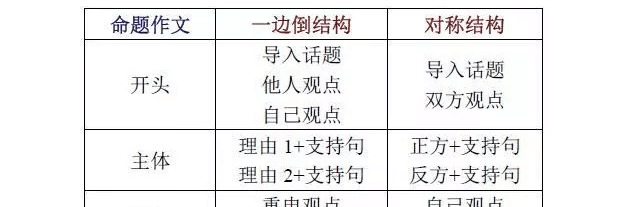G8 reaches deals to cut emissions
|
The world's top economic powers yesterday agreed to halve their greenhouse gas emissions by 2050. In a nod to the US and others, however, the Group of Eight (G8) insisted the whole world must reduce emissions - rebuffing developing nations and environmentalists who demand the richest countries first make their own commitments clear. "It has always been the case that a long-term goal is one that must be shared," said Jim Connaughton, chairman of the White House Council on Environmental Quality. "So what the G8 has offered today is a G8 view of what that goal could be and should be, but that can only occur with the agreement of all the other parties," he said, referring to nearly 200 countries involved in the UN talks. The G8 statement, released by Japanese Prime Minister Yasuo Fukuda, solidified a pledge made at the last G8 Summit in Germany a year ago to seriously consider such a target. But the move fell far short of demands by some developing countries and environmentalists who are pushing for deeper cuts by 2050 and a firm signal from the rich countries on what they are willing to do on the much tougher mid-term goal of cutting emissions by 2020. The G8 did not specify a base year for the 50-percent cut either, meaning the actual emission reduction and its effect on the environment could vary widely. For instance, reductions from 1990 levels, as in the Kyoto Protocol, would be far larger than the cuts from 2005 levels. "Achieving this objective will only be possible through common determination of all the major economies, over an appropriate time frame, to slow, stop and reverse global growth of emissions," the statement said. Some developing nations complained bitterly, accusing the rich countries of trying to avoid responsibility for causing global warming. The US has long been the largest emitter. "To be meaningful and credible, a long-term goal must have a base year, it must be underpinned by ambitious mid-term targets and actions," said Marthinus van Schalkwyk, South African Minister of Environmental Affairs and Tourism. "As it is expressed in the G8 statement, the long-term goal is an empty slogan." Critics said the 50 percent reduction target was insufficient, and have called for ambitious mid-term targets for countries to cut emissions by 2020. "At this rate, by 2050 the world will be cooked and the G8 leaders will be long forgotten," Antonio Hill, spokesman for Oxfam International, said. "The G8's endorsement of a tepid 50 by 50 climate goal leaves us with a 50-50 chance of a climate meltdown. Rather than a breakthrough, the G8's announcement on 2050 is another stalling tactic," he said. Kim Carstensen, director of the WWF Global Climate Initiative, said: "So little progress after a whole year of ministerial meetings and negotiations is not only a wasted opportunity, but it falls dangerously short of what is needed to protect people and nature from climate change." The G8 has been under pressure to commit itself to emission cuts to push forward the stalled UN-led talks on forging a new accord to fight global warming by the end of next year. The new pact will take effect when Kyoto's first phase expires in 2012. Questions: 1. By what percentage does the G8 plan to cut greenhouse emissions by 2050? 2. What year have critics suggested be set as a goal for cutting emissions? 3. When will the new pact take effect? Answers: 1. 50 percent. 2. 2020. 3. 2012. |








